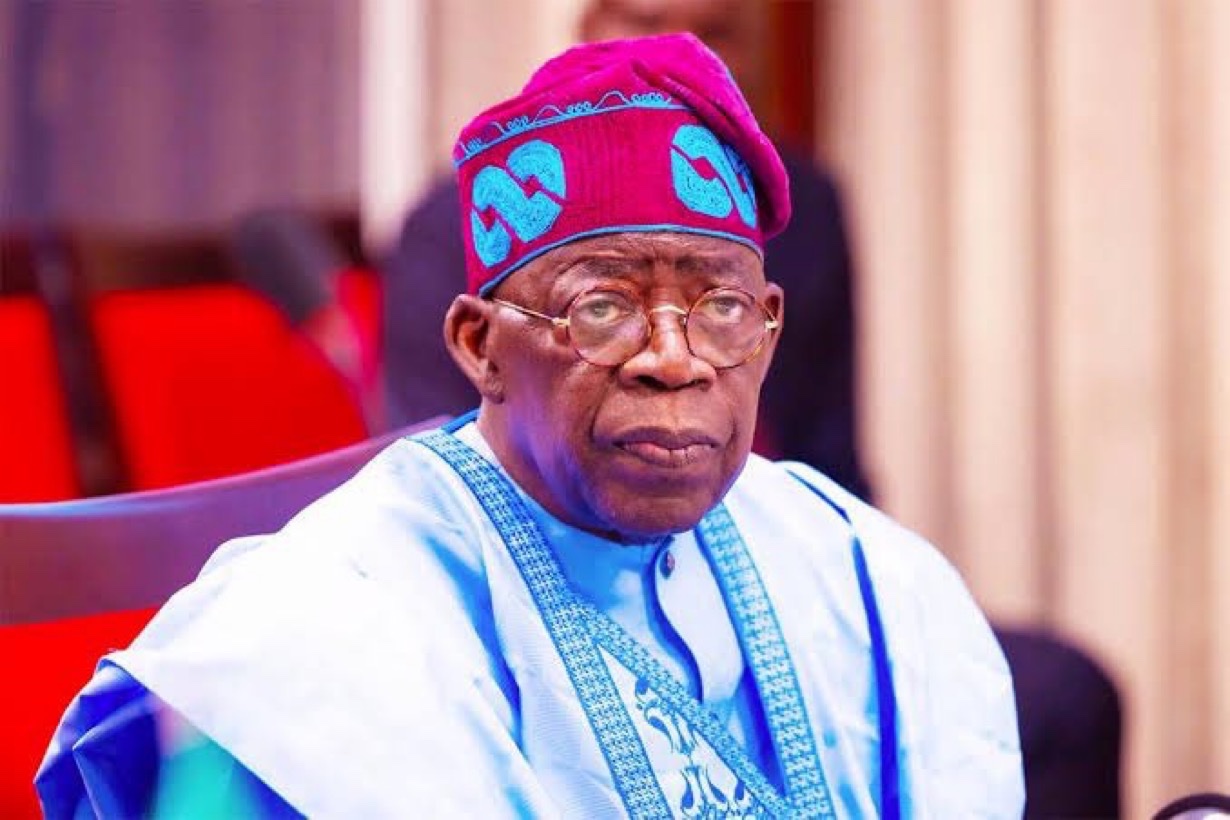On May 1, 2025, President Bola Ahmed Tinubu delivered a speech that acknowledged the pressing economic challenges facing Nigeria today. From rising living costs to unemployment and insecurity, Nigerians are grappling with hardship at all levels. But in his address, President Tinubu presented a series of strategic reforms aimed at alleviating these burdens and steering the nation toward recovery. In this post, we’ll break down the key points of his speech, examine the promises made, and explore whether these plans could be the solution Nigeria desperately needs.
Key Points from President Tinubu’s May Day Address
1. Acknowledging the Hardships: A Call for Patience
President Tinubu began his address by openly acknowledging the severe economic strain Nigerians are facing. The removal of fuel subsidies, inflation, unemployment, food insecurity, and loss of livelihoods have placed a heavy burden on families across the country. However, the president urged citizens to remain patient, explaining that the difficult reforms being implemented are necessary for Nigeria’s long-term prosperity. His administration, he stated, is focused on developing solutions that will restore economic stability and security.
2. Economic Stimulus: Boosting Small Businesses and Entrepreneurship
One of the most significant announcements in the speech was the ₦75 billion allocated to support Nigeria’s manufacturing sector. This initiative is aimed at providing credit facilities to 75 major manufacturing enterprises, with the goal of boosting local production and creating jobs. Additionally, ₦125 billion will be directed towards Micro, Small, and Medium Enterprises (MSMEs). In particular, ₦50 billion will be used to provide conditional grants to 1 million nano businesses. These moves are expected to stimulate business growth, reduce unemployment, and improve the livelihoods of Nigerians who rely on small businesses for income.
3. Agricultural Revolution: Tackling Food Insecurity Head-On
In his speech, President Tinubu also addressed Nigeria’s ongoing food insecurity. He highlighted the government’s plan to release 200,000 metric tonnes of grains from the country’s strategic reserves to provide immediate relief to families struggling with hunger. Additionally, 225,000 metric tonnes of fertilizers and farming inputs will be distributed to farmers to boost local agricultural output. A monumental ₦200 billion will be invested in cultivating 500,000 hectares of farmland, with a focus on essential crops like rice, maize, wheat, and cassava. These initiatives aim to reduce Nigeria’s dependency on food imports, create jobs, and stabilize food prices.
4. Infrastructure Investment: A Modern Transportation System
Infrastructure development was another cornerstone of President Tinubu’s address. The administration plans to invest ₦100 billion into acquiring 3,000 units of 20-seater CNG-fueled buses to enhance mass transit across Nigeria. This is expected to improve public transportation, reduce traffic congestion, and lower fuel consumption. Furthermore, the government will establish an Infrastructure Support Fund, which will enable states to address critical areas such as healthcare, education, and rural road access.
5. Education and Social Welfare: Investing in the Future
Education is vital to Nigeria’s future, and President Tinubu stressed his commitment to making it more affordable. To achieve this, the government will provide student loans to help cover tuition costs for higher education. Additionally, the government is reviewing its Social Investment Programme, which aims to provide direct cash transfers to millions of Nigerian households in need. By targeting vulnerable groups and ensuring that resources are efficiently allocated, the president hopes to alleviate poverty and boost education access across the country.
6. The Path Forward: Long-Term Solutions
While President Tinubu acknowledged the immediate pain caused by the economic reforms, he made it clear that these changes are necessary for the long-term success of Nigeria. He called on Nigerians to remain hopeful and to support the government’s efforts as the country transitions to a more sustainable and prosperous future. The president emphasized that these economic policies are not just short-term fixes but part of a broader vision to create lasting change for the Nigerian people.
Conclusion: Can Tinubu’s Economic Reforms Deliver?
As Nigeria grapples with significant economic challenges, President Tinubu’s May Day address provided a glimmer of hope. The measures outlined in his speech are ambitious and cover multiple areas of national importance—from business support and agriculture to transportation and education. But the key question remains: Will these reforms translate into real, tangible improvements for Nigerians?
The president’s commitment to solving Nigeria’s economic problems is clear, but the true test will be in the implementation of these initiatives. Nigerians will be watching closely to see how quickly and effectively these promises are carried out. For now, there is cautious optimism, and hope that these reforms will usher in a new era of economic stability.
What are your thoughts on President Tinubu’s speech and the proposed reforms? Do you think these measures will address Nigeria’s economic hardships? Let us know in the comments below!
Join our Whatsapp channel to stay updated always!
Click here to join our Whatsapp channel



qjhx7l